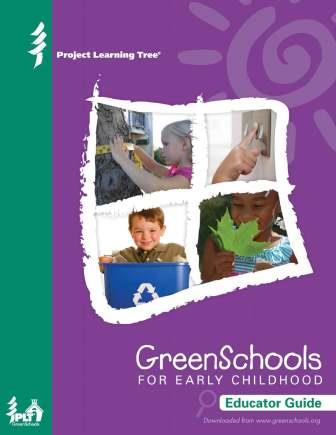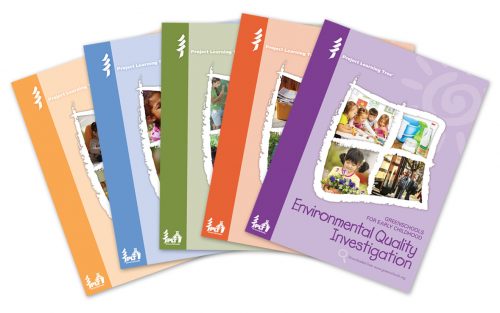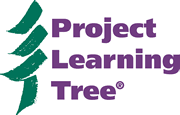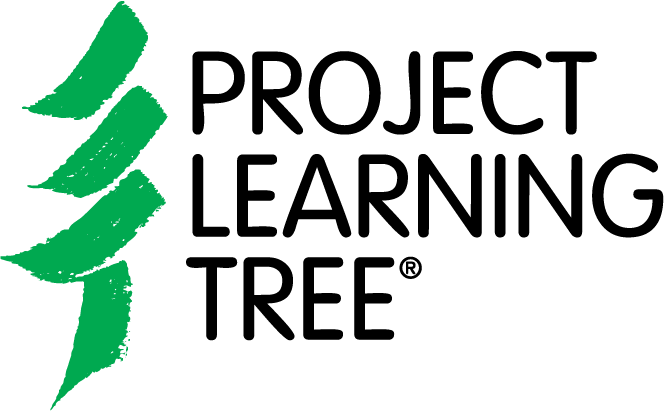 PLT’s GreenSchools for Early Childhood program specifically meets the needs of early childhood educators and younger learners. It is designed to teach young children about their environment and how they can make a difference, while developing their skills in language, mathematics, science, and more.
PLT’s GreenSchools for Early Childhood program specifically meets the needs of early childhood educators and younger learners. It is designed to teach young children about their environment and how they can make a difference, while developing their skills in language, mathematics, science, and more.
PLT’s GreenSchools for Early Childhood includes an Educator Guide and five Investigations.
Educator Guide
The Educator Guide offers early childhood educators an array of ideas and activities for greening their centers while facilitating environmental experiences through art, movement, sensory exploration, and time outdoors – all of which are inherently appealing to young children. Through this adult leader’s guide, you’ll learn about the benefits of becoming a PLT GreenSchool, how to engage parents at your center, ways to assess your students’ learning, and how to celebrate your success.
Five Investigations
 Explore what individual and collective actions you and your students can take to improve the health, safety, and environmental quality of your school or early childhood center around the the topic areas outlined below.
Explore what individual and collective actions you and your students can take to improve the health, safety, and environmental quality of your school or early childhood center around the the topic areas outlined below.
Each investigation includes:
- Background Information for educators and a checklist of supplies needed
- A Word Bank
- Early Childhood Engagement activities to involve your learners in completing the investigation
- Early Learner Worksheets
- Action project ideas and a My Action Planworksheet for children ages 4 to 8
- A Green Your Home handout to extend the learning and to help families see how they can improve their home environment.
Energy: Investigate how much energy your center uses, the main sources of that energy, and ways to implement energy-saving strategies.
Environmental Quality: Investigate areas where improvements can be made in indoor and outdoor air quality, in your centers carbon dioxide and temperature levels, how cleaning products can impact your air quality, and what practices need to be followed regarding the use of hazardous materials.
School Site: Investigate natural habitats, wildlife, trees, grounds maintenance practices, and ways to make improvements to your center’s site.
Waste and Recycling: Investigate how much waste your center generates and where it goes, as well as recycling and composting efforts.
Water: Investigate the source, cost, and quality of your school’s water supply, and ways to enhance current water conservation practices.

